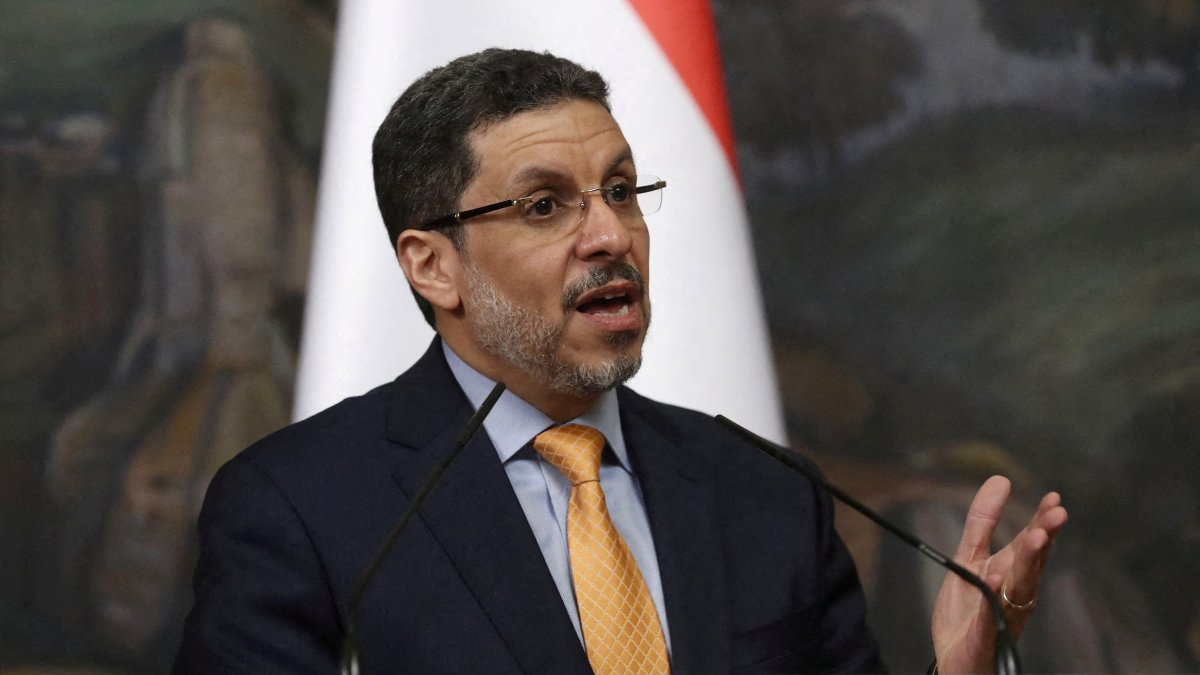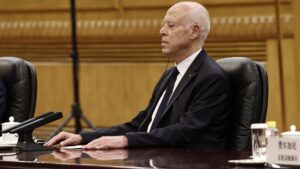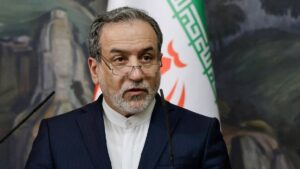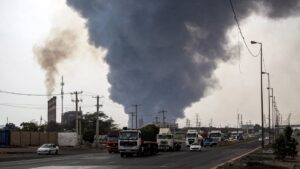Yemen’s internationally recognized Prime Minister Ahmed Awad Bin Mubarak resigned Saturday, underscoring the fractured anti-Houthi front in a country torn by a decade of war and political paralysis.
In a resignation letter addressed to Rashad al-Alimi, head of the Presidential Leadership Council, Bin Mubarak said he stepped down after realizing he could no longer “exercise constitutional powers” or “implement overdue reforms.” He posted the announcement on X, citing institutional gridlock and political infighting as key reasons behind his departure.
Appointed in February 2024, Bin Mubarak’s short-lived term saw attempts at fiscal reform and an anti-corruption push.
But his resignation highlights the paralysis within Yemen’s fragile governing alliance – a coalition dogged by internal rifts and hamstrung in the face of growing Houthi influence.
Since the Iran-aligned Houthi rebels seized the capital, Sanaa, in 2014, Yemen has been locked in a proxy war. The Saudi-led coalition entered the conflict in 2015 to restore the government, but the fighting has stalemated, with the Houthis holding key population centers, including the capital.
The war has claimed over 150,000 lives and triggered what the U.N. calls one of the world’s worst humanitarian crises.
Despite a U.N.-brokered truce in 2022, conflict flares persist, and the Gaza war has reignited tensions.
In solidarity with Palestinians, the Houthis have launched missiles toward Israel and targeted Red Sea shipping, blaming Israeli actions in Gaza.
Their attacks paused during a brief Gaza cease-fire but resumed in March, prompting near-daily U.S. airstrikes on Houthi-controlled areas – a military campaign now escalating alongside the region’s broader unrest.
Internally, Yemen’s Presidential Council – formed in 2022 to unify the anti-Houthi bloc – has become a house divided.
One faction, backed by the UAE, is loyal to Aydarous al-Zubaidi and the secessionist Southern Transitional Council. The other, aligned with Saudi Arabia, includes al-Alimi and Marib governor Sultan al-Aradah.
There has been no comment from the Presidential Council following Bin Mubarak’s resignation, which lays bare Yemen’s ongoing leadership crisis as the country remains caught in the crosshairs of regional geopolitics and domestic fragmentation.




















































Be First to Comment